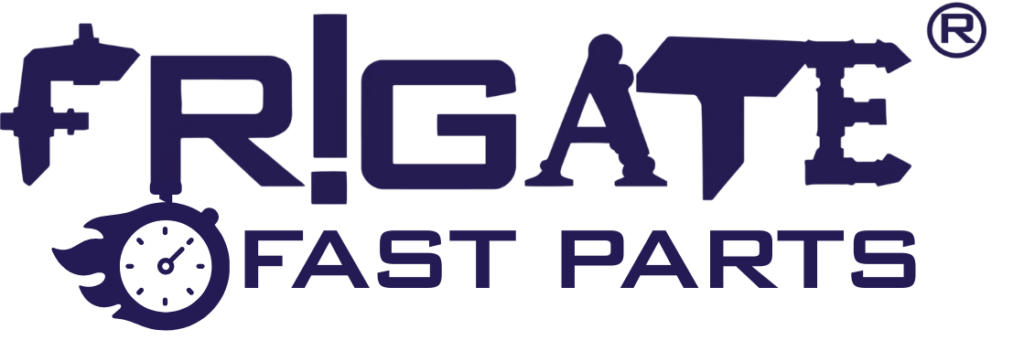CNC Turning for Railway Manufacturing
Frigate delivers CNC Turning solutions where accuracy supports system-wide reliability, not just part compliance. Our process ensures precise geometry and stress control in critical rotating and load-bearing railway assemblies.
Our Clients



































- Precision Through Smart Turning
Engineering Precision that Moves Rail Systems Forward
CNC Turning solutions engineered for thermal stability, modular fit accuracy, and predictive lifecycle performance in mission-critical railway assemblies.
Modular Fit Assurance
Turned components are aligned to system-level fit maps, ensuring reliable integration across brake stacks, coupler housings, and fatigue-critical Y-frame joints—beyond nominal CAD tolerances.
Thermal Stability Control
Residual stress modeling and microstructure tuning reduce cold-start distortion and thermal creep in brake shafts, spacers, and seals exposed to extreme operational climates.
Lifecycle Predictive QA
Process-integrated metrology and statistical control (Cp/Cpk > 1.67) support predictive service life modeling, ensuring long-term reliability across fleet modernization and high-utilization rolling stock platforms.
- Process Reliability for Every Batch
Our CNC Turning Process
Precision-controlled CNC turning processes calibrated for concentricity, repeatability, and tolerance stack management across complex railway components.


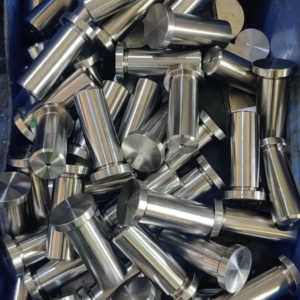
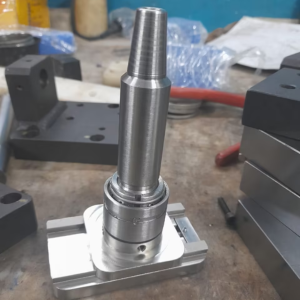
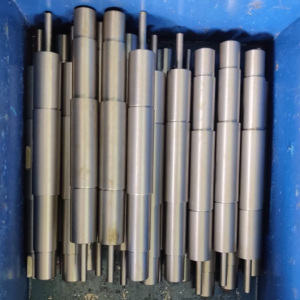

Our team designs the part in CAD software with focus on radial symmetry and tool clearance.
CAM software generates toolpaths based on spindle speeds, feed rates, and material hardness.
Operators load the raw bar stock and calibrate live tooling attachments, ensuring optimal alignment.
The part spins while stationary or live tools shape it via precision radial and axial cuts. Also, Our machines track spindle load and thermal drift in real time.
We perform part-off, facing, and secondary polishing before moving to the inspection stage.
Every part undergoes inspection using CMMs and profile projectors to verify dimensional and geometrical tolerances.
- Real Impact
Words from Clients
See how global OEMs and sourcing heads describe their experience with our scalable execution.
“Quick turnaround and solid quality.”
“The instant quote tool saved us time, and the parts were spot-on. Highly recommend Frigate!”
“Great service, fair price, and the parts worked perfectly in our assembly.”
“Top-notch machining and fast shipping. Very satisfied with the results.”
“Frigate delivered high-quality parts at a competitive price. The instant quote tool is a huge plus for us!”
“We appreciate the precision and quality of the machined components in the recent delivery—they meet our specifications perfectly and demonstrate Frigate’s capability for excellent workmanship.”
“Flawless execution from quote to delivery.”
“The precision on these parts is impressive, and they arrived ahead of schedule. Frigate’s process really stands out!”
“Parts were exactly as spec’d, and the instant quote made budgeting a breeze.”
“Good value for the money.”
“The finish was perfect, and the team was easy to work with.”
- Consistent Finish
Surface Finish for CNC Turned Parts
Surface integrity is critical to fatigue resistance, seal retention, and dynamic performance in railway systems. Our CNC turning delivers controlled Ra values and directional finishes tailored to function-specific requirements.
Anodizing
Give your aluminum parts a tough, corrosion-resistant shield with anodizing, reaching surface hardness up to HV 500, while enhancing electrical insulation and durability.
Mechanical Finishing
Smooth out imperfections and refine surfaces to Ra 0.2 µm or better with mechanical finishing techniques like grinding, polishing, and bead blasting.
Heat Treatment
Boost material strength and hardness by heat treating parts at temperatures up to 1100°C, ensuring they meet the mechanical demands of your application.
Electroplating
Add protective or functional metal coatings with electroplating, delivering consistent layers as precise as ±2 µm for improved corrosion resistance and conductivity.
Our Machined Products
We support your production needs with CNC-machined parts, subassemblies, and performance-critical components.
- Material Strategy
High-Performance Alloys for Functional Reliability
CNC turning for railway applications demands substrates engineered for structural resilience, thermal fatigue resistance, and interface stability under cyclic loading. Material choices are governed by stress distribution paths, geometric retention during heat exposure, and their ability to retain form across assembly operations and lifecycle stress regimes.
- Supports high-cycle load paths in rotational and axial assemblies
- Maintains geometry under thermal and vibrational fatigue
- Enables controlled chip evacuation at high spindle speeds
- Compatible with downstream hardening and press-fit operations
A2 Tool Steel is a high-carbon, high-chromium steel known for its toughness and wear resistance. It’s ideal for producing durable, high-strength parts that can withstand heavy use.
Aluminum is a lightweight, corrosion-resistant metal with good machinability. Because of its strength-to-weight ratio, it’s commonly used in aerospace, automotive, and various industrial applications.
Brass is a copper-zinc alloy known for its machinability and corrosion resistance. It’s used for components requiring precise detailing and good mechanical properties.
Bronze is a copper-tin alloy with excellent wear resistance and strength. It’s often used for bushings, bearings, and other friction-prone components.
Cast Iron is known for its high wear resistance and machinability. It’s used in heavy-duty applications such as machinery parts and engine components.
Copper offers excellent thermal and electrical conductivity. It’s used in applications requiring heat dissipation or electrical conductivity, such as electronic components.
Steel is a versatile material known for its strength and durability. It’s used in various applications, from construction to automotive parts.
Titanium is a lightweight, high-strength metal with excellent corrosion resistance. It’s used in aerospace, medical implants, and high-performance engineering applications.
Stainless Steel offers high corrosion resistance and strength. It’s widely used in applications ranging from kitchen equipment to industrial machinery.
Zinc is a ductile and corrosion-resistant metal known for its excellent machinability, especially in its alloy forms. It's often used for components requiring intricate details, good surface finish, and precise dimensions, commonly found in automotive, hardware, and electrical applications.
- Weld Alignment
Subtractive Precision for Assembly Accuracy
Our CNC turning strategy preserves reference geometry critical for weld-integrated assemblies, minimizing deviation accumulation across interconnected structures. This approach ensures angular consistency and positional tolerance in systems subject to dynamic yaw and lateral loading.
- Reduces tolerance stack-up in multi-part welded assemblies
- Maintains critical datums for traction frame alignment
- Controls angular drift in side bearer integration
- Supports FEA-validated joint geometry retention

- Regulatory Assurance
Compliance-Centric CNC Turning for Railway Standards
Our CNC turning processes align with stringent railway compliance frameworks focused on safety, traceability, and dimensional integrity. Every component is produced under controlled conditions to support qualification protocols and system-level certification audits.
- Full dimensional inspection with process traceability
- Conforms to structural fatigue and lifecycle validation criteria
- Documentation aligned with serial production quality systems
- Supports audit-ready material and process certification trails
We meticulously follow this international quality management system, ensuring consistent precision and repeatability across all CNC turning operations for railway parts.
Our turning processes conform to this railway-specific standard, demonstrating robust quality control for critical rotating railway components.
Our turning processes conform to this railway-specific standard, demonstrating robust quality control for critical rotating railway components.
Our turning operations for wheelset components adhere to the stringent manufacturing tolerances and surface finishes specified for safe railway wheels.
We turn materials to relevant ASTM standards, guaranteeing precise chemical composition, high strength, and fatigue resistance crucial for railway component longevity.
We apply GD&T principles rigorously during turning, ensuring exact dimensional accuracy, critical for proper assembly and safe operation of railway systems.
We achieve specified surface finishes during turning, crucial for minimizing friction, enhancing wear resistance, and optimizing performance in railway bearings and shafts.
- We export to 12+ countries
Frigate’s Global Presence
Frigate takes pride in facilitating “Make in India for the globe“. As our global network of Frigaters provides virtually limitless capacity, and through our IoT enabled platform your parts go directly into production. By digitally and technologically enabling “the silent pillars of the economy” MSME and SME manufacturing industries, we are able to tap the huge potential for manufacturing to bring the best results for our clients.

100,000+
Parts Manufactured
250+
Frigaters
2000+
Machines
450+
Materials
25+
Manufacturing Process

- Process-Controlled Testing
Quality Testing Standards
To measure the roundness of cylindrical features, ensuring they meet tolerance requirements.
To check internal surfaces for flatness, critical for sealing and assembly purposes.
To identify burrs or sharp edges that may affect assembly or safety.
To ensure that complex profiles (e.g., contours, curves) conform to design specifications.
To check the topography and texture of the surface, ensuring it meets the required specifications for function or aesthetics.
To verify that the surface hardness depth meets the required specifications for wear resistance.
To measure internal stresses that could lead to deformation or failure during or after machining.
To verify grain structure, inclusions, and material consistency, ensuring the part meets performance requirements.
- Precision in Every Profile
CNC Turned Parts
Precision machining for extreme stress and thermal stability, enabled by advanced motion control.
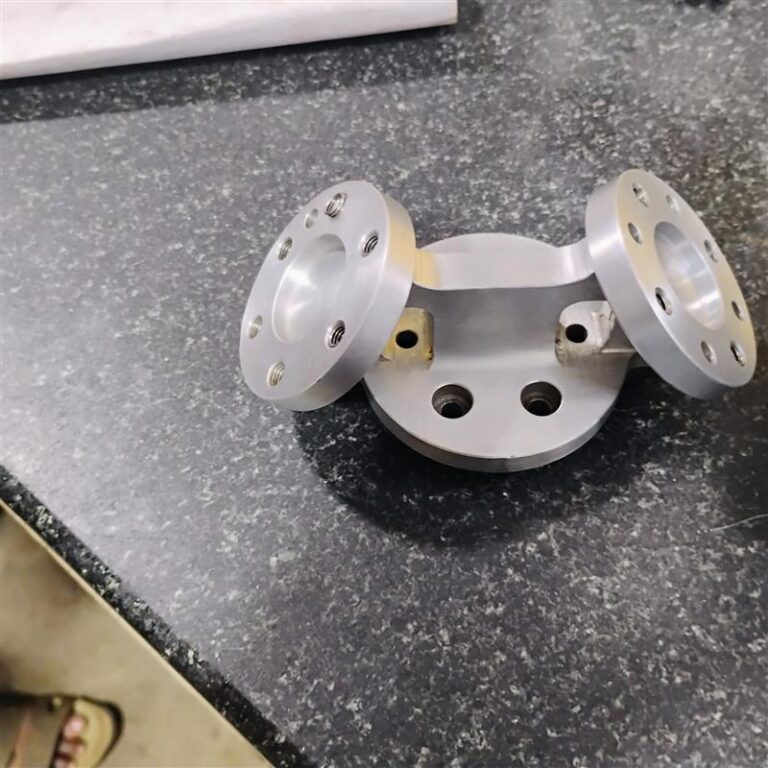
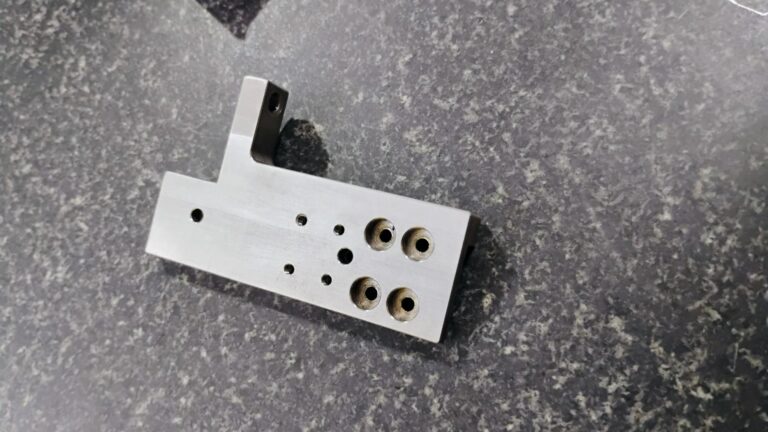
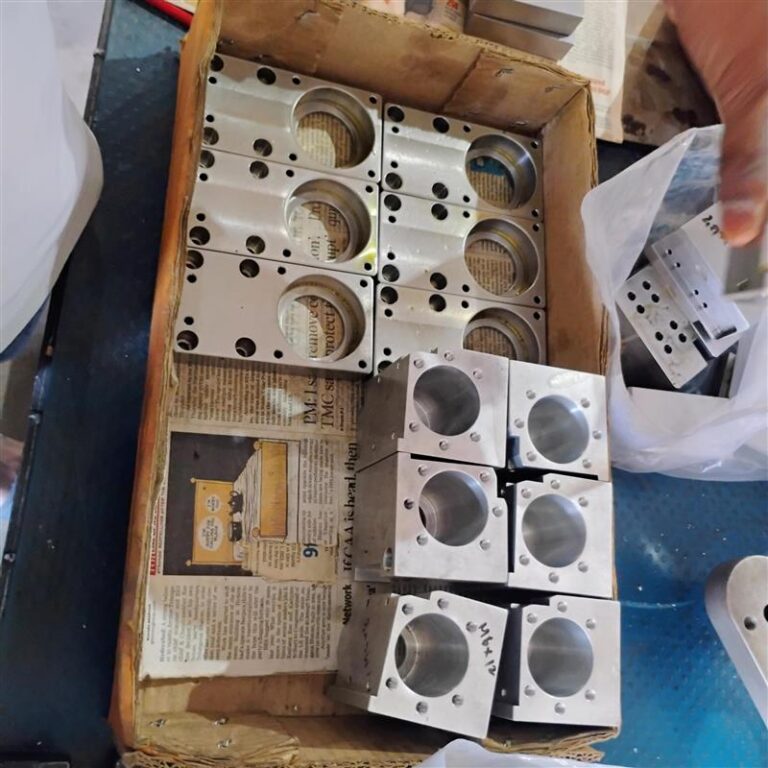
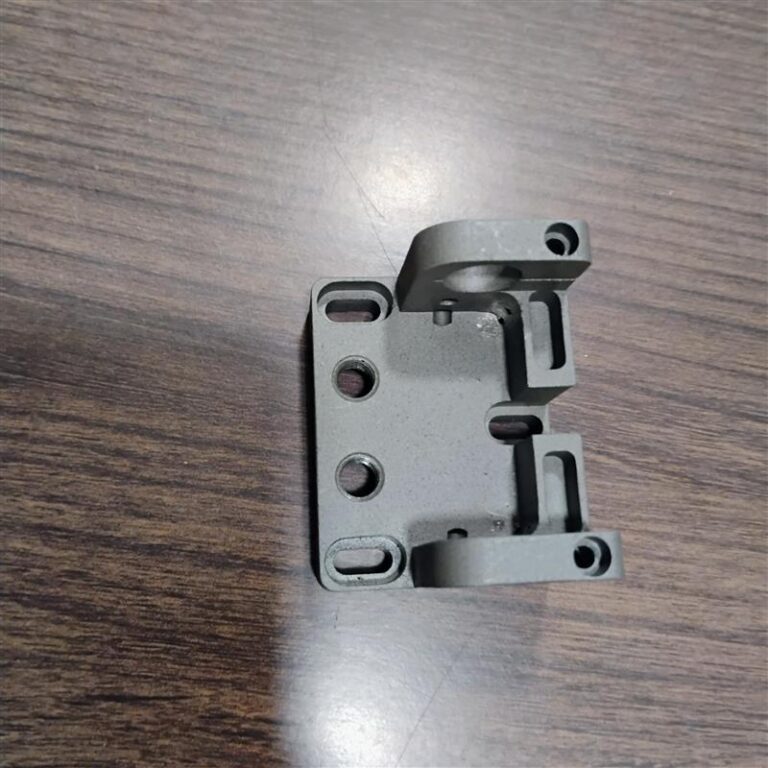
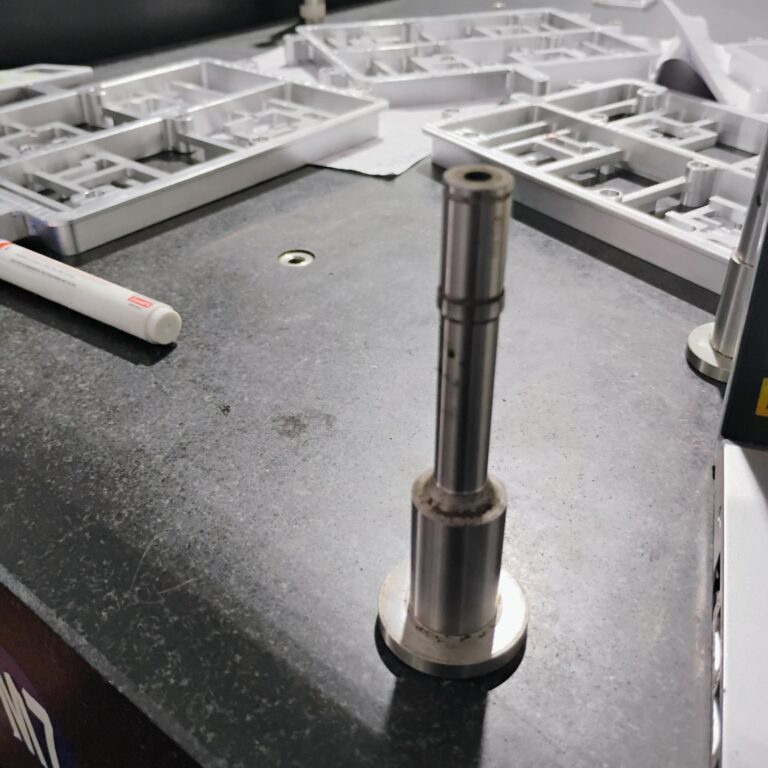
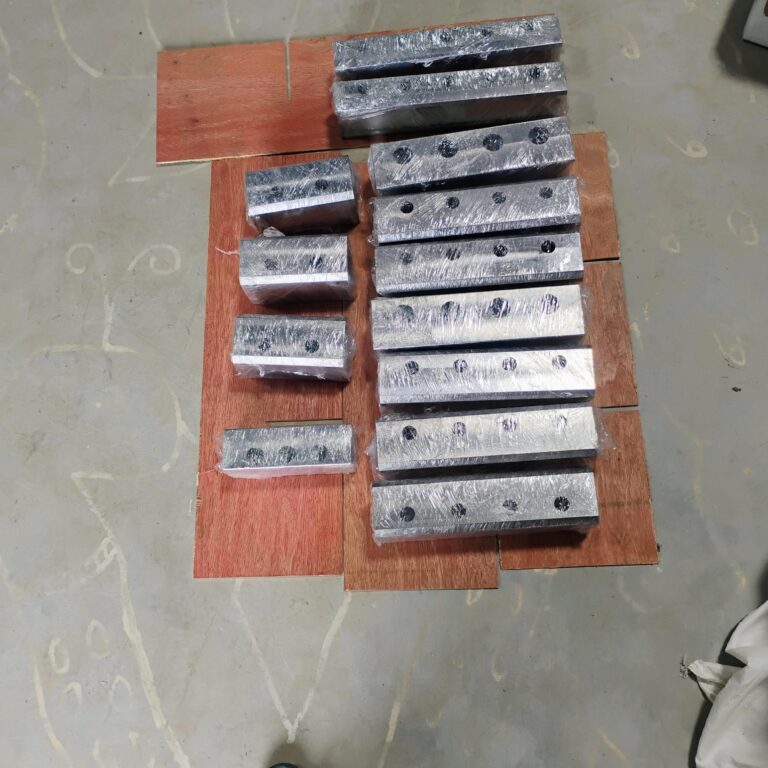


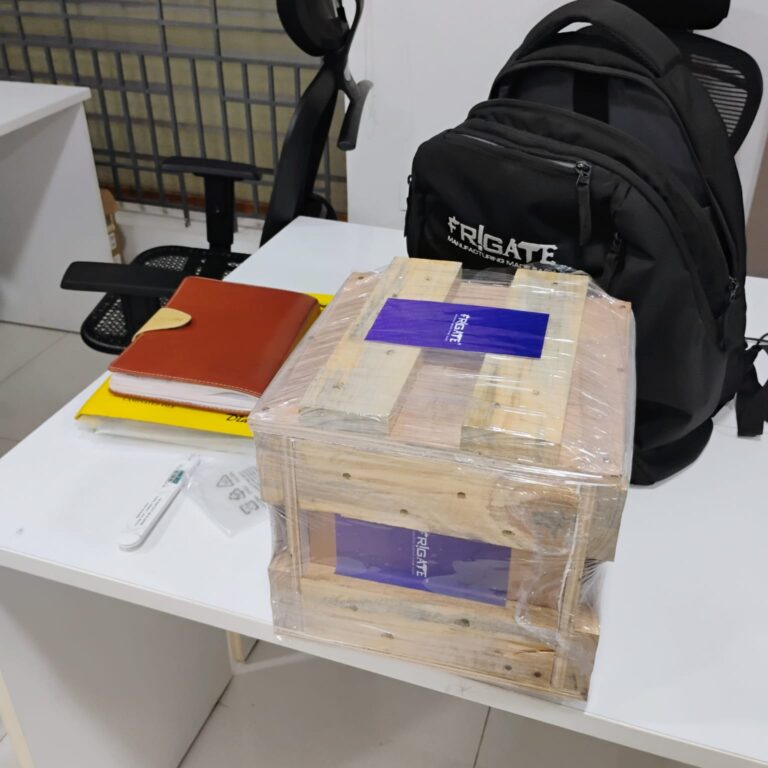



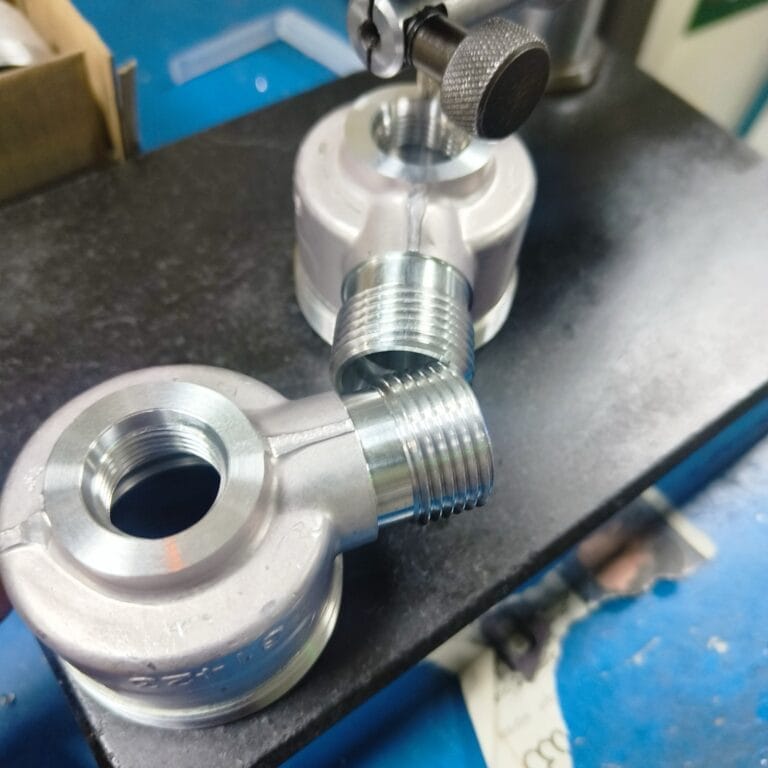

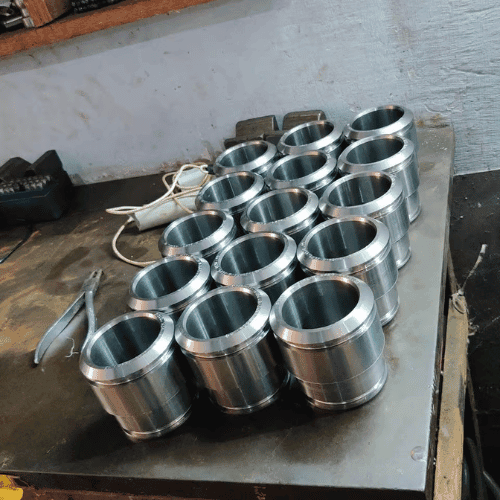
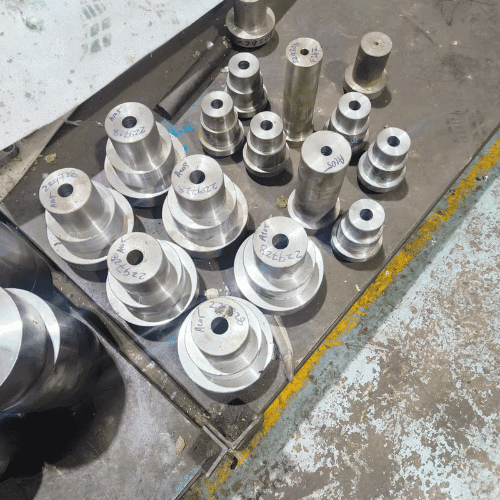
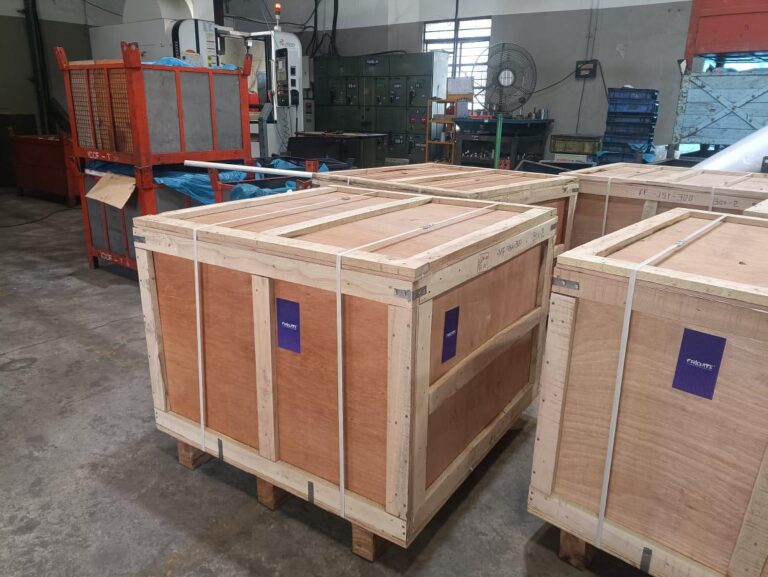
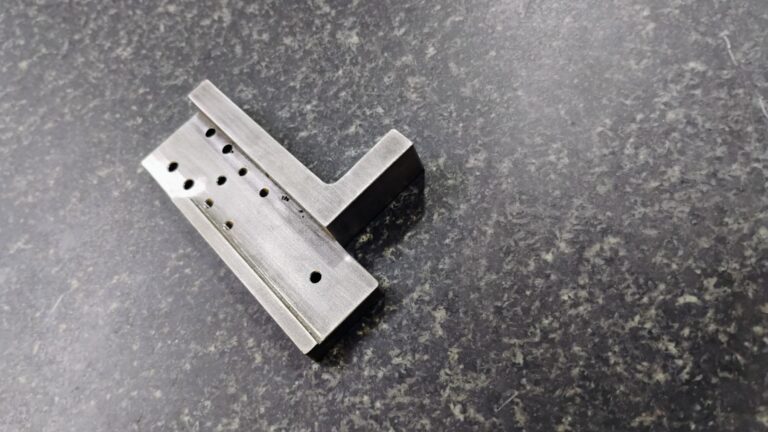
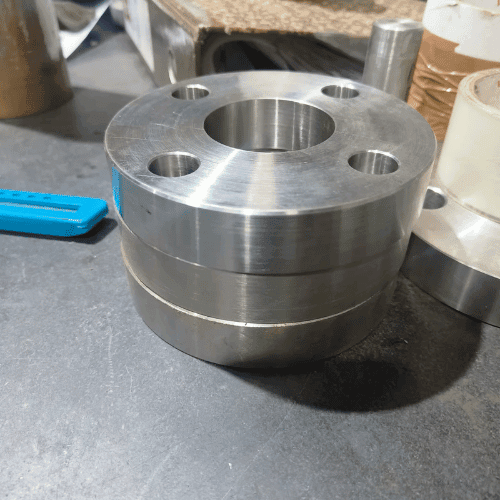
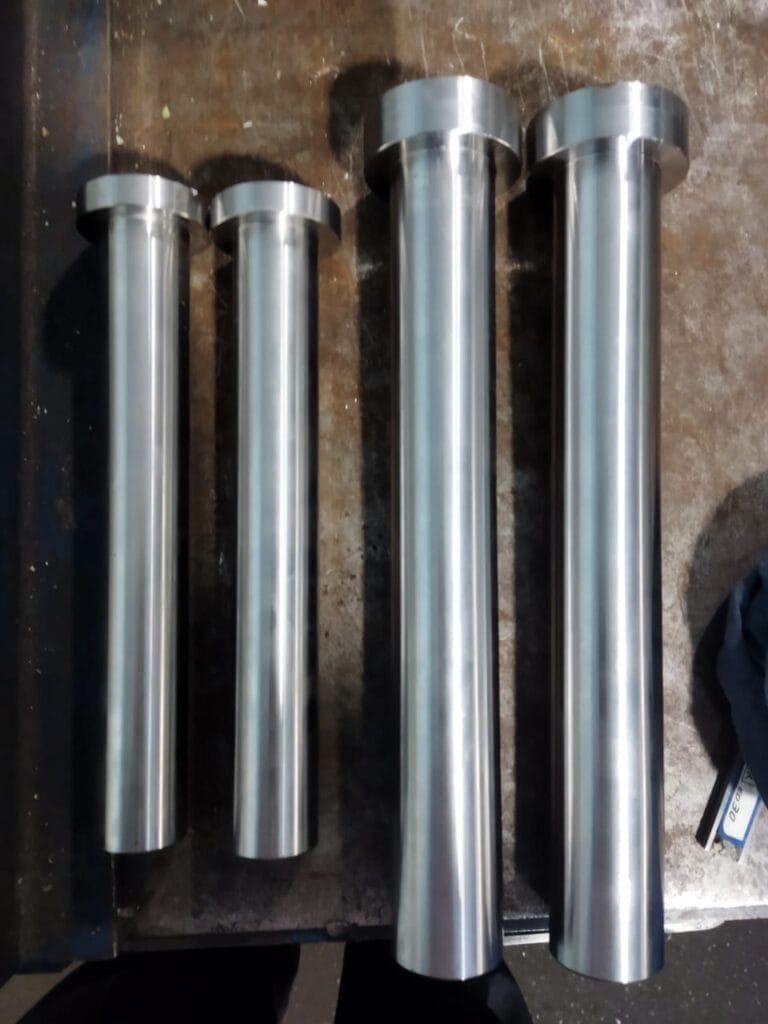

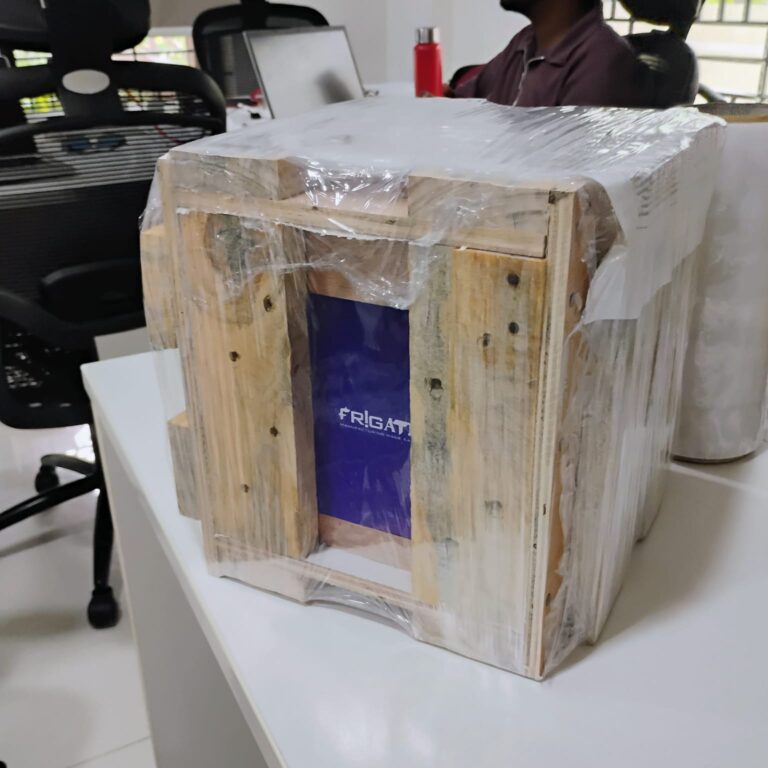

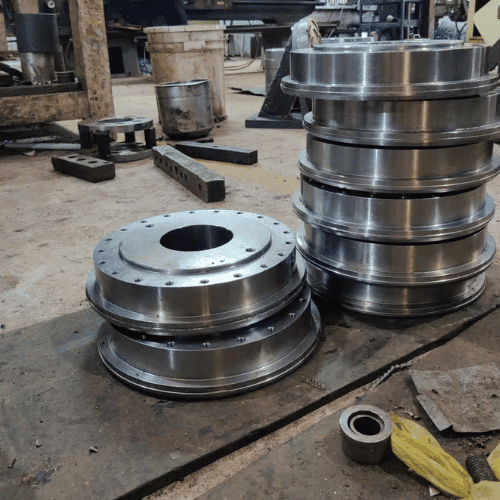
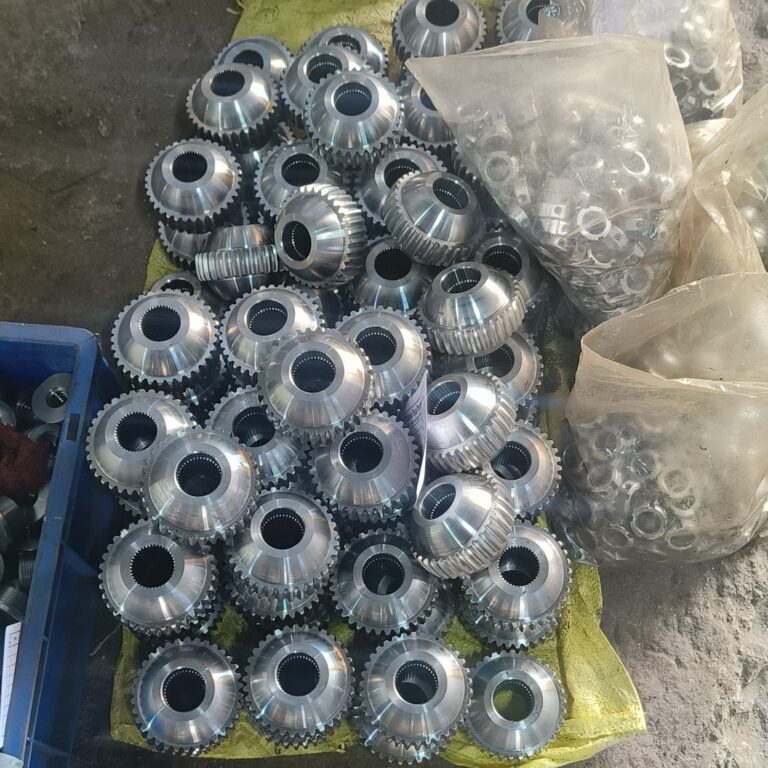
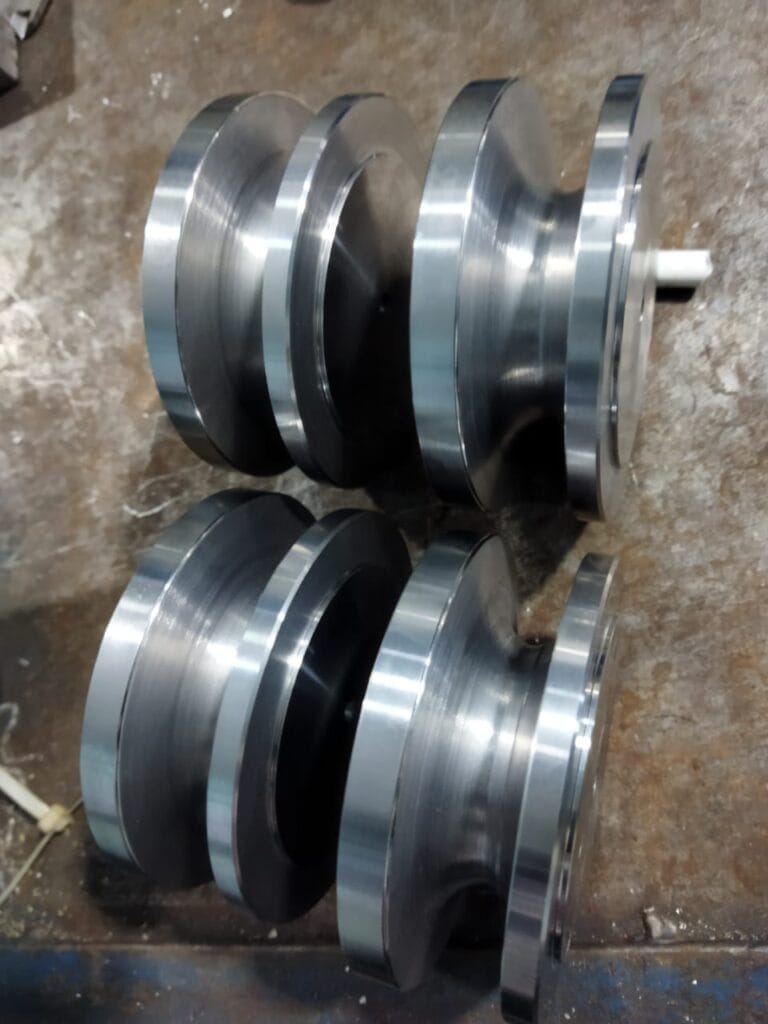
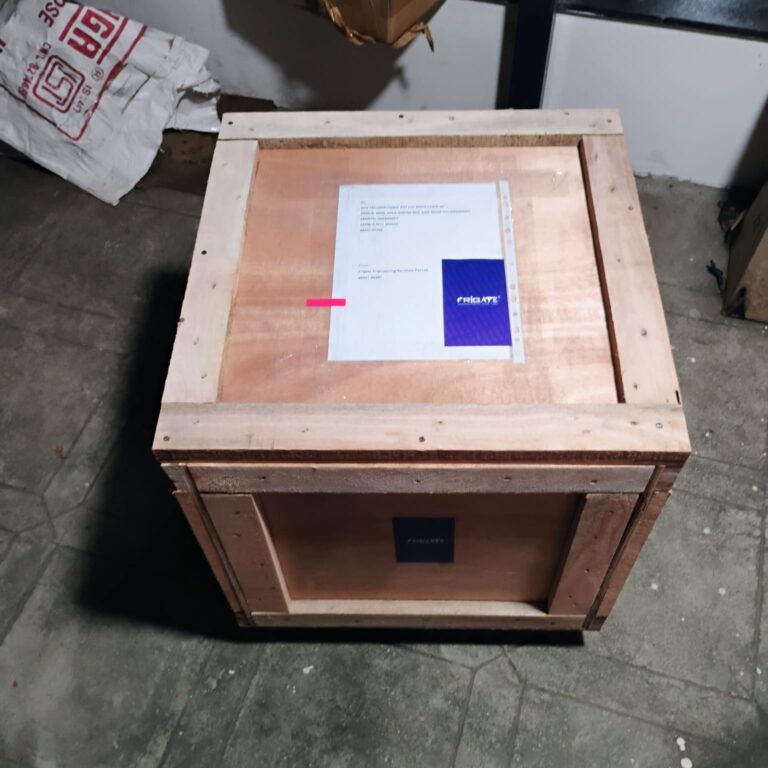
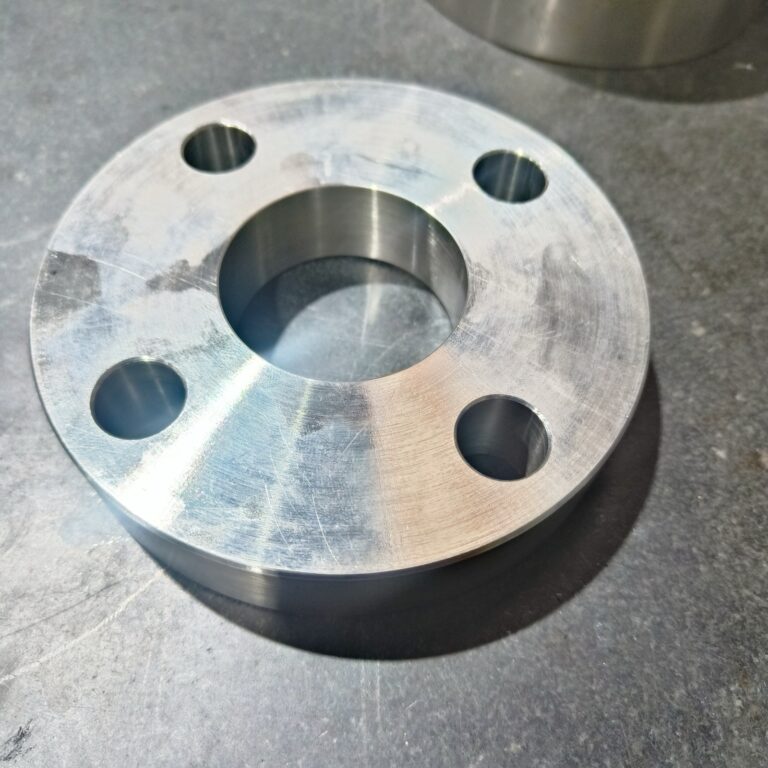
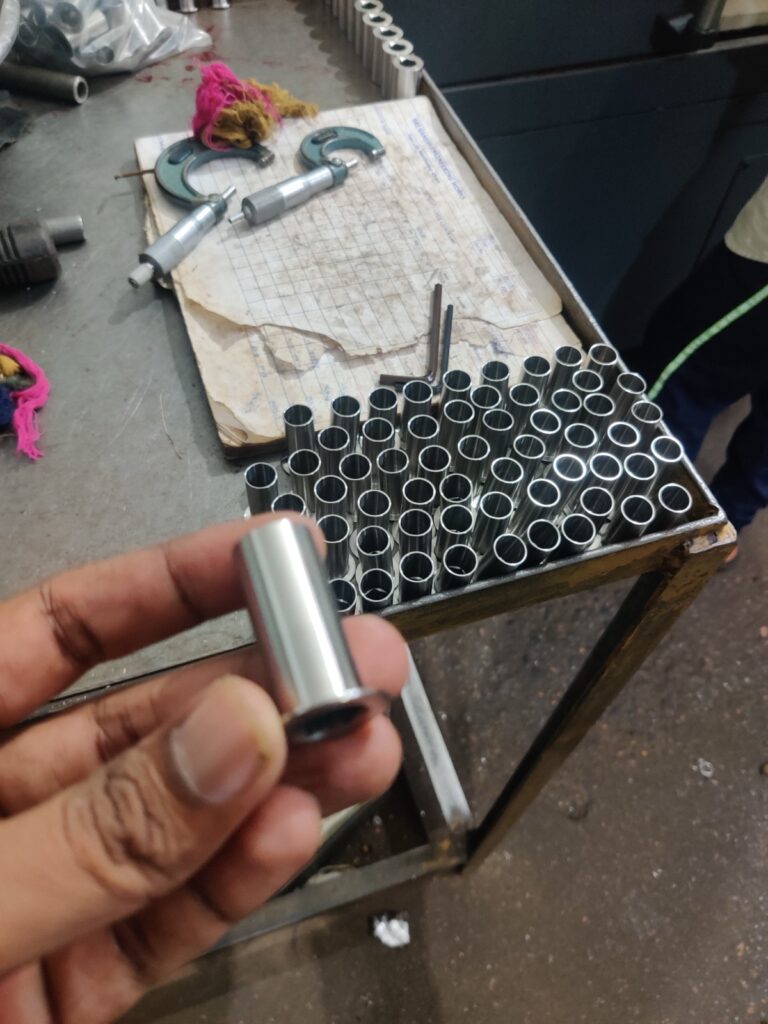
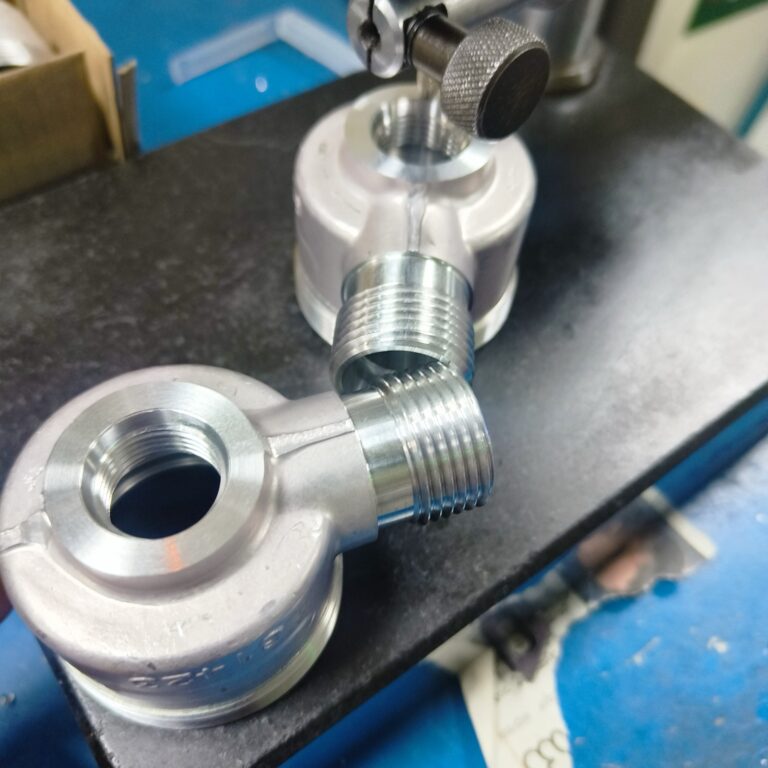
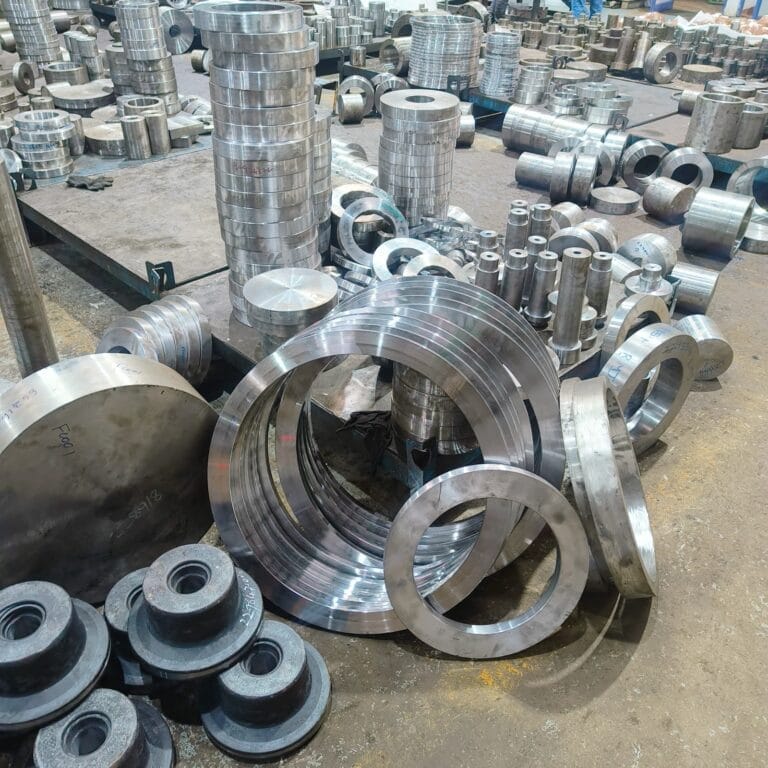
Other Industries We Serve
We deliver machining support across sectors that require consistency, material reliability, and tight dimensional control.
- Solid Progress
Our Manufacturing Metrics
Frigate brings stability, control, and predictable performance to your sourcing operations through a structured multi-vendor system.
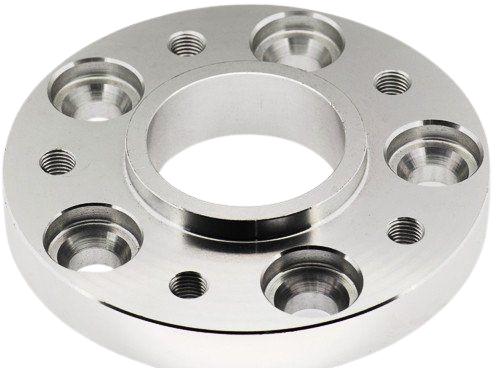
2.8X
Sourcing Cycle Speed
Frigate’s pre-qualified network shortens decision time between RFQ and PO placement.
94%
On-Time Delivery Rate
Structured planning windows and logistics-linked schedules improve project-level delivery reliability.
4X
Multi-Part Consolidation
We enable part family batching across suppliers to reduce fragmentation.
22%
Quality Rejection Rate
Multi-level quality checks and fixed inspection plans lower non-conformities.
30%
Procurement Costs
Optimized supplier negotiations and bulk order strategies reduce your overall sourcing expenses.
20%
Manual Processing Time
Automation of sourcing and supplier management significantly reduces time spent on manual tasks.
Get Clarity with Our Manufacturing Insights
- FAQ
Having Doubts? Our FAQ
Check all our Frequently Asked Questions in CNC Turning
Frigate uses advanced GD&T-based machining protocols, ensuring feature-to-feature relationships remain within stackable tolerance limits. Our process simulation models assess how deviations compound across assembled structures. Fixtures are calibrated to preserve datum consistency throughout multi-op turning. This guarantees zero cumulative error at critical interfaces like coupler arms or brake beam housings.
Frigate applies vibration-mode FEA inputs to define turning profiles that avoid stress risers. We tailor fillet radii, relief grooves, and transition zones during turning to dissipate dynamic loads efficiently. Post-turning treatments ensure microstructure integrity remains intact. This minimizes the risk of fatigue crack propagation during prolonged operational cycles.
We model thermal expansion behavior during the CAM stage and apply toolpath strategies that balance heat input. Material removal is distributed to prevent asymmetric heat zones. Coolant flow and spindle speeds are dynamically adjusted to avoid thermal buildup. This results in stable geometry for components used from Arctic to desert conditions.
Frigate integrates metrology feedback loops using CMM and inline probing into the machining cell itself. Inspection data drives adaptive toolpath correction mid-run, ensuring consistent dimensional control. Each component gets a traceable ID linked to its process data set. This allows full visibility across quality, production, and compliance checkpoints.
We use back-cutting techniques and real-time force monitoring to prevent deflection in thin-walled sections. Tool pressure is optimized to maintain form without compromising structural load paths. Machining is validated against modal analysis to avoid resonance-induced deformation. This ensures lightweight parts maintain functional stiffness and safety margins under service loads.
We'd love to Manufacture for you!
Submit the form below and our representative will be in touch shortly.
LOCATIONS
Registered Office
10-A, First Floor, V.V Complex, Prakash Nagar, Thiruverumbur, Trichy-620013, Tamil Nadu, India.
Operations Office
9/1, Poonthottam Nagar, Ramanandha Nagar, Saravanampatti, Coimbatore-641035, Tamil Nadu, India. ㅤ
Other Locations
- Bhilai
- Chennai
- USA
- Germany
